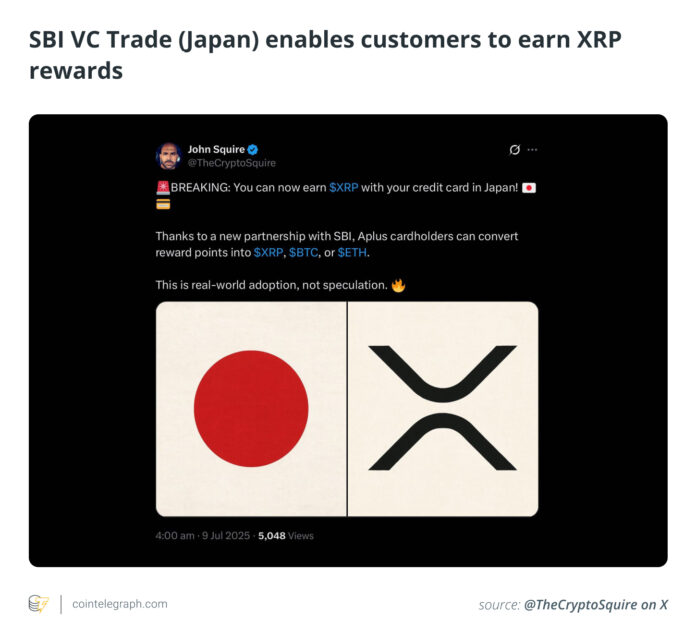XRP’s Value Beyond Price: Understanding the Cryptocurrency’s Importance
XRP, the native digital asset of the XRP Ledger (XRPL), is often discussed in terms of its speculative profits or losses. However, its importance goes deeper when considering its real-world use cases, institutional support, and regulatory clarity. In this article, we will explore five key factors that explain why XRP matters beyond its market price.
Cross-Border Payments and Transfer Efficiency
International payments are one of the most powerful use cases of XRP. It helps eliminate pre-financing, shorten settlement times, and reduce costs by acting as a bridge currency. Compared to traditional payment systems like SWIFT, which can take days and incur high fees, XRP’s almost instant settlement makes it an attractive option in emerging countries where transfers are of essential importance.
Integration of Loyalty and Travel Programs
XRP is increasingly being used outside of financial institutions, particularly in loyalty, travel, and consumer services. This builds daily benefits for millions of users. For example, Webus/Wetour has set up a $300 million fund to support blockchain-driven events, loyalty points, and settlement infrastructure. Over 60 million loyalty members can use XRP for foreign services such as airport transfers, premium trips, and travel experiences.
When loyalty programs adopt XRP, it shifts from an investment asset to something with which users are engaged in everyday life, from earning points to paying for trips.
Institutional Adoption and Financial Use
Institutions that treat XRP as a serious financial asset form credibility and demand, signaling growing trust in its long-term stability. By using XRP for liquidity management, settlements, and cross-border transfers, these actors validate its benefits beyond speculation and strengthen its role as a digital asset of institutional quality.
Technological Features and Ledger Upgrades
The XRP Ledger (XRPL) offers speed, scalability, and innovation, making it an attractive option for real-world adoption. Its low fees and environmentally friendly consensus model make it one of the most practical blockchains for actual use. The introduction of native non-fungible tokens (NFTs) on XRPL, for example, allows loyalty points, tickets, and collector’s items to be tokenized directly.
Regulatory Clarity and Network Effects
The long-term value of XRP is not only tied to its technology and adoption but also to how regulatory authorities treat it and how large networks integrate it. The regulatory and market environment has shifted significantly, providing XRP with more clarity and dynamics. The conclusion of the Ripple vs. SEC case in 2025, for example, eliminates one of the largest overhangs of XRP, allowing it to advance acceptance beyond speculation.
Challenges Ahead
XRP faces challenges, including adoption versus actual use, competition from stablecoins and central bank digital currencies (CBDCs), and regulatory uncertainty. While XRP has made significant progress, its future depends on whether it can scale acceptance beyond infrastructure to tangible, widespread use.
Despite these challenges, XRP is at a crossroads, ready to bridge traditional financing and digital assets. With the current clarity now secured and global partnerships expanding, XRP is poised to thrive in a rapidly developing payment landscape.
This article does not contain investment advice or recommendations. Every investment and trade movement involves risk, and readers should conduct their own research before making a decision.

